
Andrew Spink
Andrew is the program chair of the Measuring Behavior conference series and as such has built up considerable expertise in a wide variety of aspects related to methodology in the behavioral sciences. His own research was in ecology, but he has worked in various functions at Noldus since 1999, currently writing grant applications together with partners for collaborative research projects in which Noldus can further develop its innovative solutions.
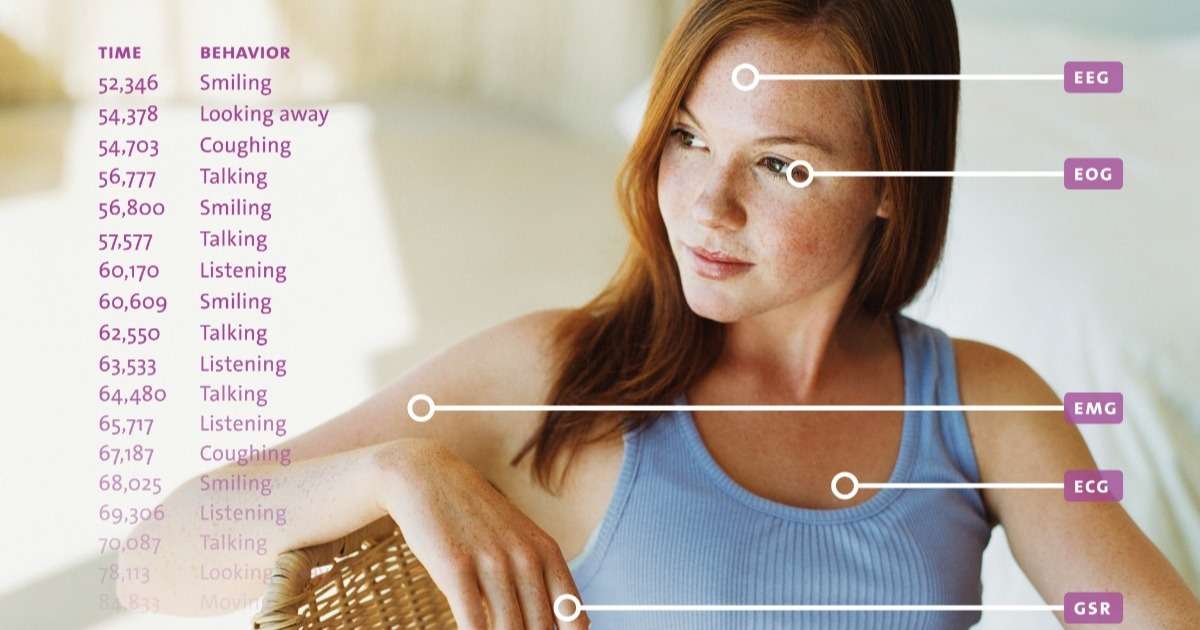
Five studies showing the power of multi-modal data in behavioral research
The advantages of using multimodal data over a single modality are that it reveals deeper insights and also if one modality fails there can be enough redundancy in the data to still make sense of it.
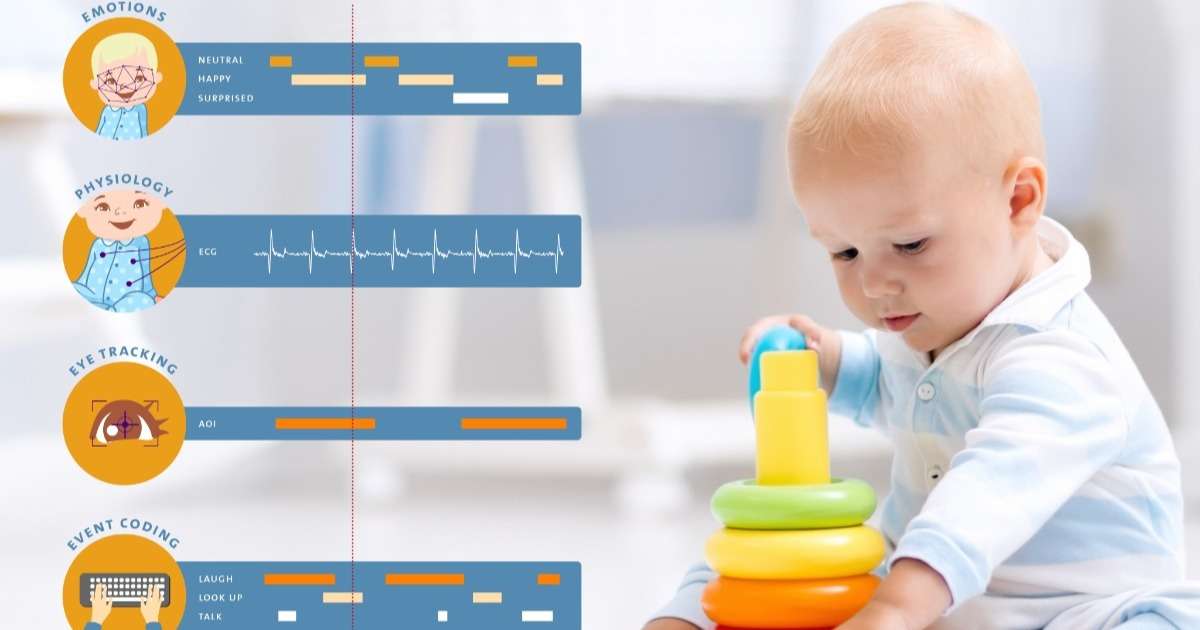
Anxiety and Autism
The EU-AIMS and AIMS-2-TRIALS projects have carried out some interesting studies teasing out the causes of anxiety in children with autism.
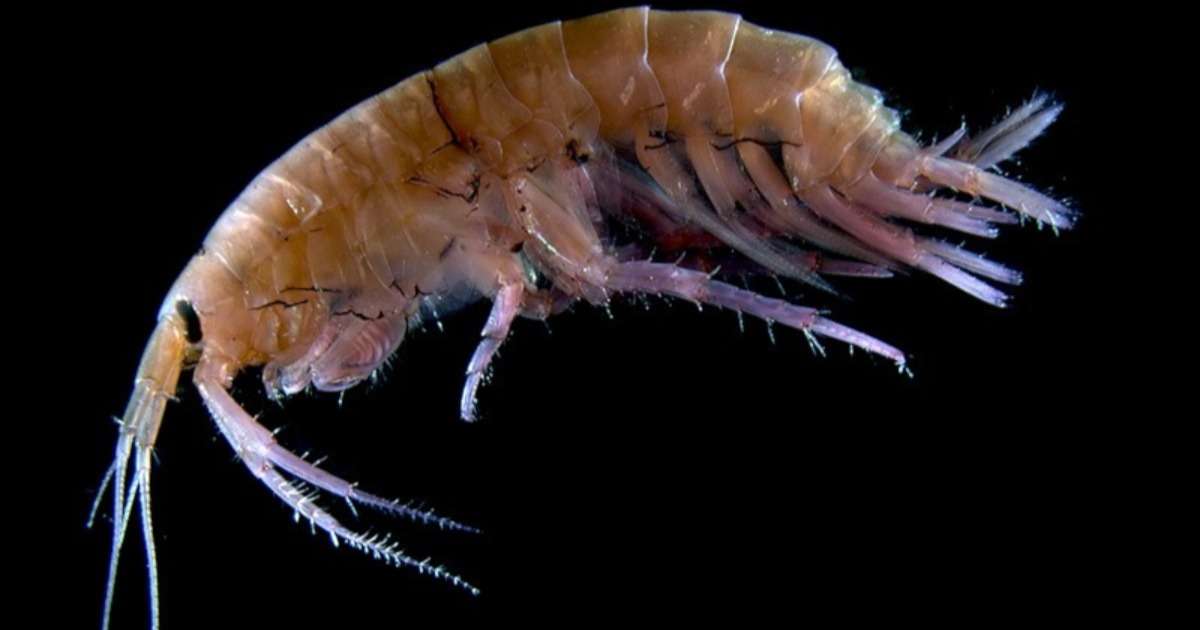
Nearly impossible to video track: small shrimp
Gammarus shrimps are exceptionally difficult to track, but Noldus solved the puzzle, resulting in interesting insights into its ecology.

Measuring consumer choice behavior
Two recent projects provide new insights into how best to measure the choices that we make.
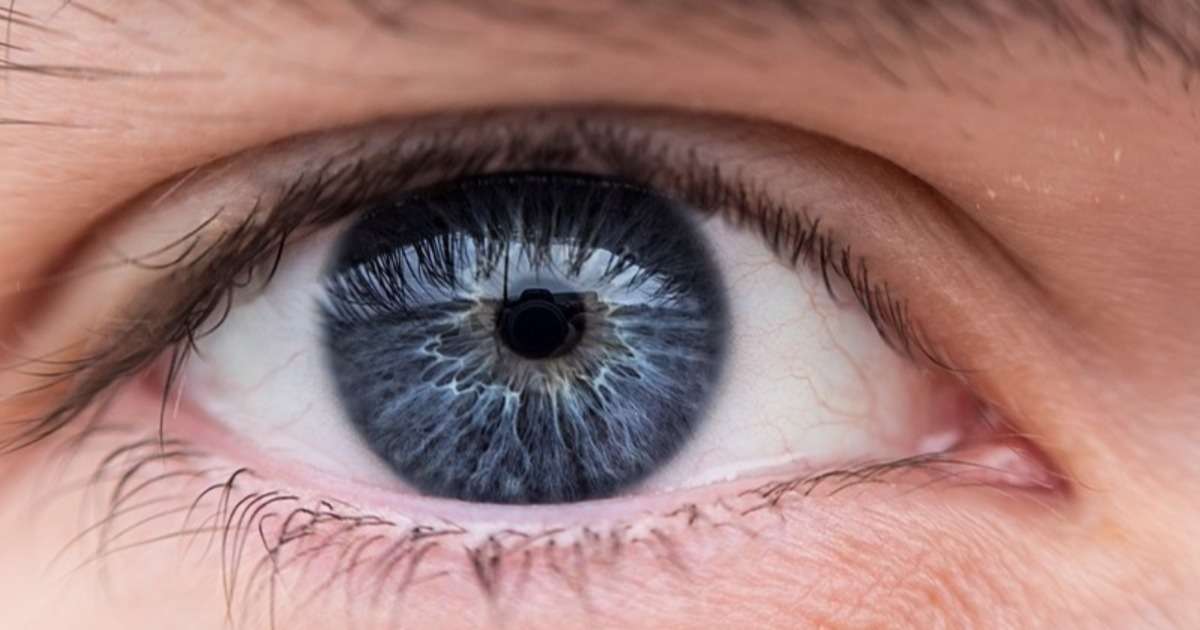
What can you use eye tracking for?
Eye tracking is a technique which records what you are looking at. With more complex analysis, it can give all sorts of information about a subject's mental state.

The Internet of Things, LoRa, 5G, and measuring behavior
New techniques for connecting sensors will provide opportunities for researchers measuring behavior.
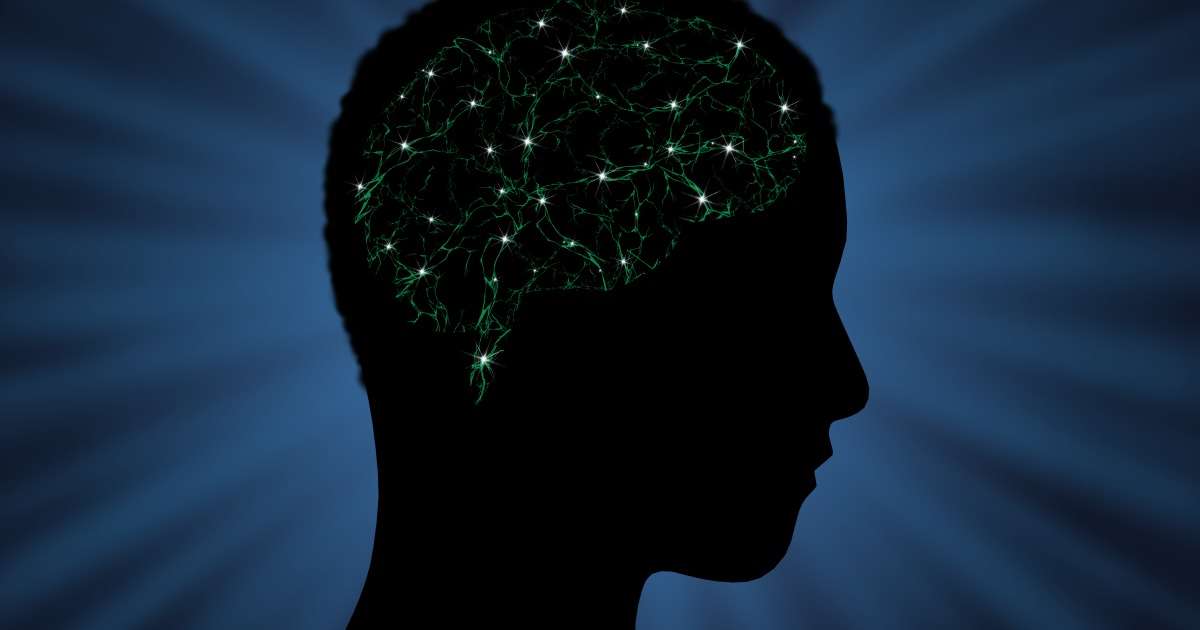
Researching comorbidity in patients with autism spectrum disorder
Patients with autistic spectrum disorder also tend to have other disorders like epilepsy. Why is that and how can understanding that help us understand autism?
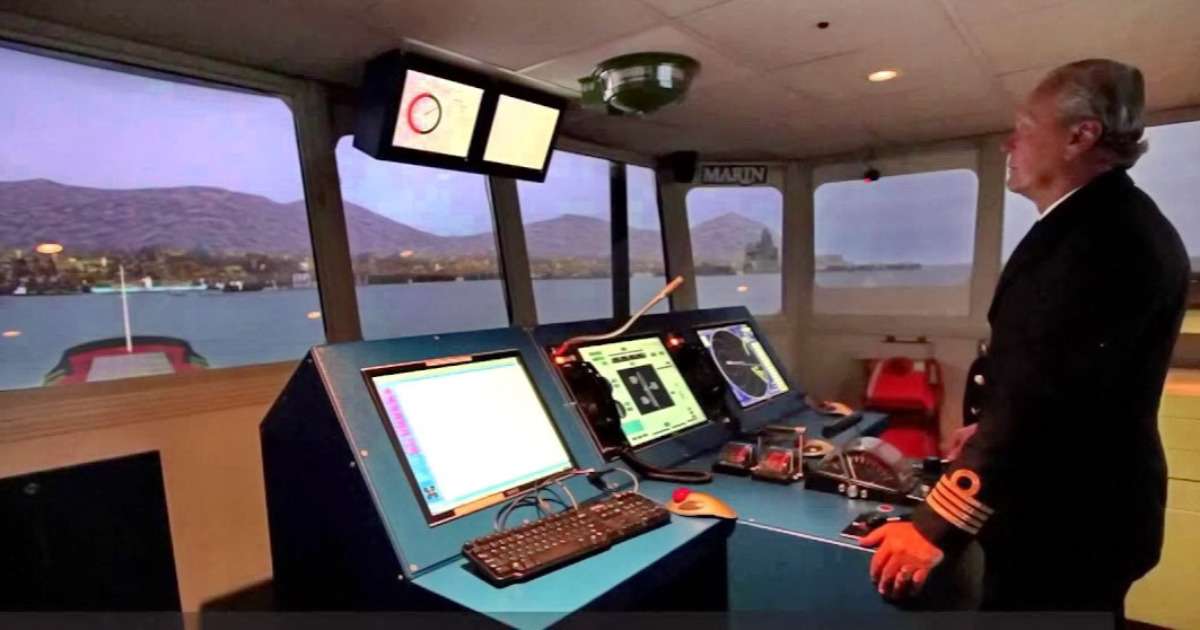
Machine learning and object detection
Humans are incredibly good at recognizing patterns. Now computers can do it as well, and that can be useful. Read more about machine learning and object detection.
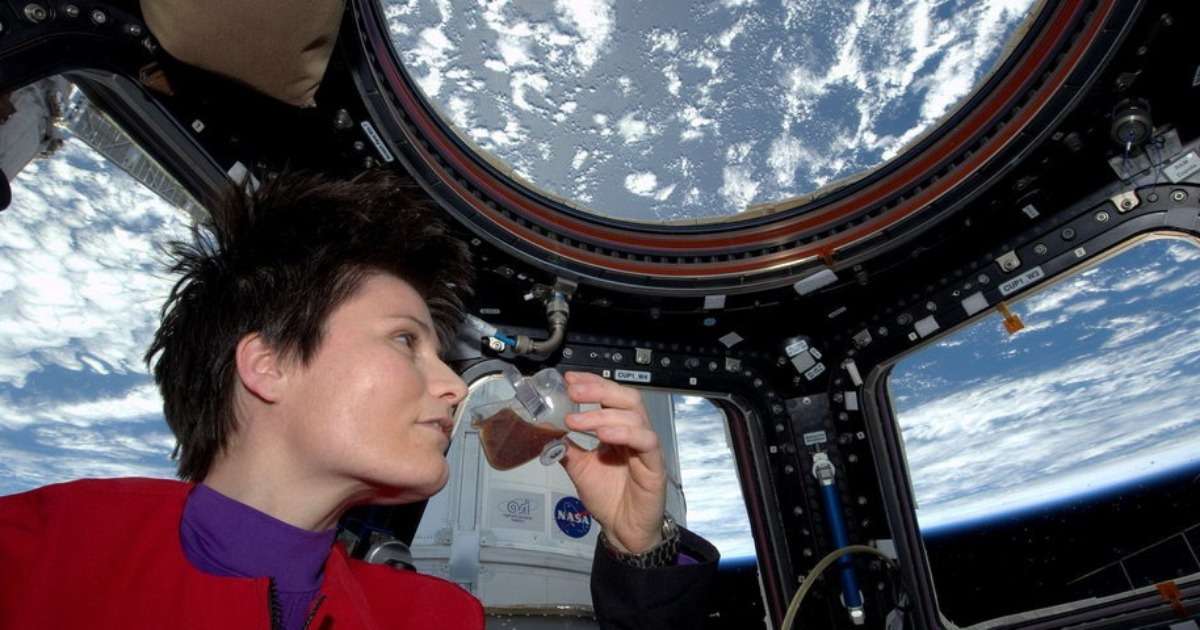
Measuring the user experience of tube feeding
Tube feeding has had a fascinating history, but there is still scope for innovation. Noldus will develop a system to measure its users' experience in the FoodFriend project.
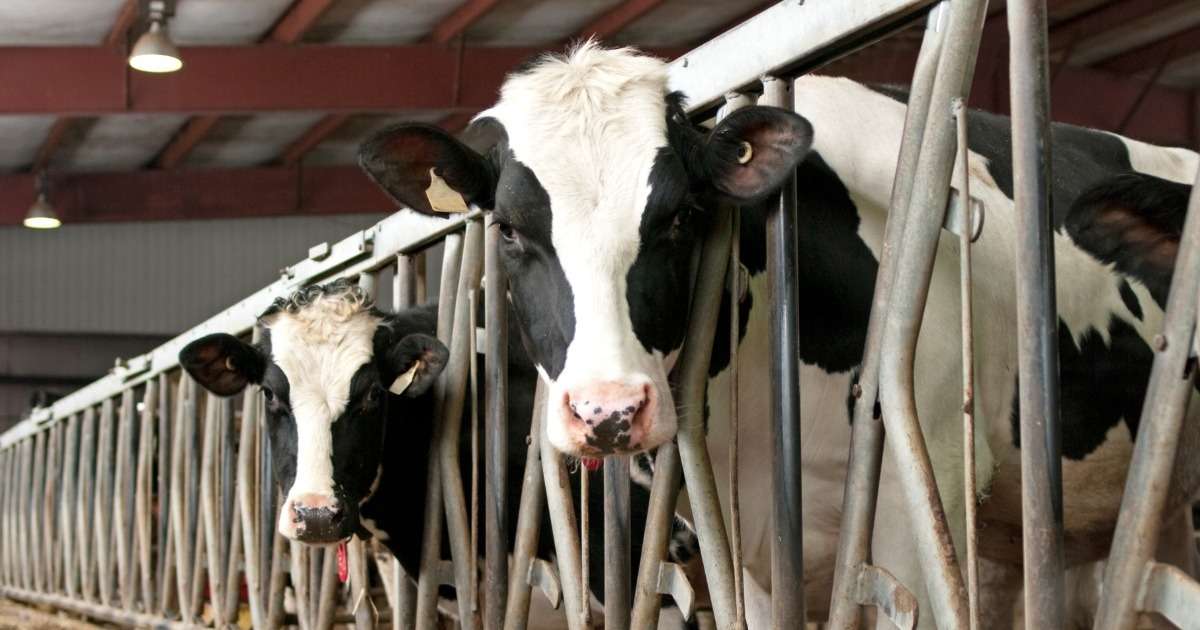
LIFESTART project
The importance of good nutrition for human babies is well known. But what about young animals?
